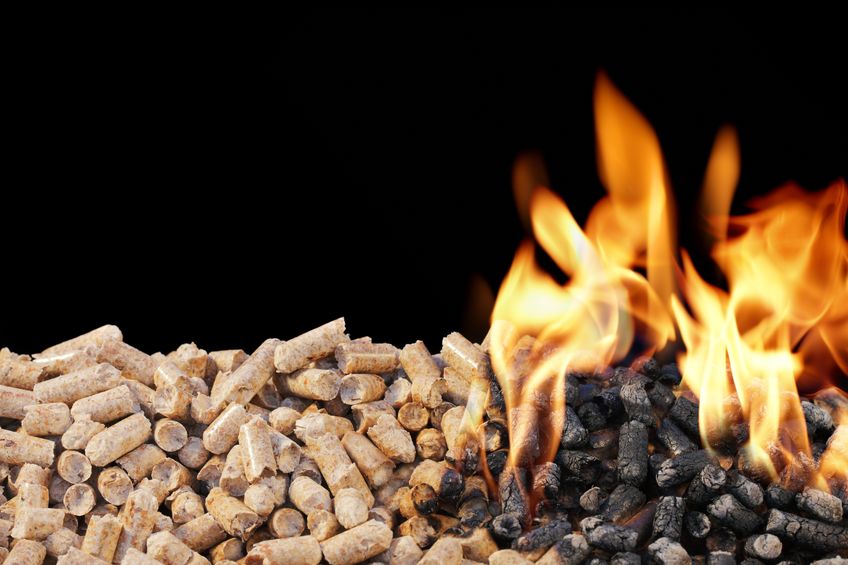
The Ulster Farmers' Union has said it is 'disappointed' that the Northern Ireland Department for the Economy chose to publish information about the participants of a renewable energy scheme.
The farming union's poultry chairman was one of many claimants whose data was published by the department.
UFU chief executive, Wesley Aston, has questioned the department's intentions in releasing the information.
He said: "The media focus on RHI has been intense and many legitimate participants have been unfairly targeted.
"The faults with this scheme lie solely with those that created it. Publishing the names of participants deflects attention from the major failings of civil servants.
"This only serves the interest of the department, not the wider public."
'Half the story'
Mr Aston said that by publishing the list, DfE has only given half the story.
He continued: "The list doesn’t show the considerable financial investments made by participants or the associated running costs.
"Notably absent too are the public bodies benefiting from RHI. If publishing this list was in the true interest of the public, surely they deserve the full story."
A recent report by the professional services firm PWC vindicated poultry and mushroom farmers involved.
The groups' chief executive said that report, which was largely ignored by the media, cleared these farmers of all suggestions they had misused the RHI scheme.
"The media has little interest in the positive side of the RHI scheme. Instead we have seen legitimate users vilified on the basis of claims now shown to be unfair and inaccurate."
'Shameful'
The UFU said it believes the situation to be 'shameful' and a 'sad reflection' of how the mainstream media now reports events.
The UFU has also again questioned the arbitrary withholding of payments for many months.
"If there was any suggestion that people were not complying with the agreements they signed with the government, this would be understandable.
"However, this has been shown to not be the case. We will be applying pressure to restore these payments immediately, given that businesses are facing cash flow problems because of what is clearly now an unfair decision by officials," he said.
The RHI scandal
Set up in November 2012, the Renewable Heat Incentive scheme was an attempt by the Northern Ireland Executive to help to increase consumption of heat from renewable sources.
It offered financial incentives to farms, businesses and other non-domestic consumers to use biomass boilers that mostly burned wood pellets, as well as solar thermal and heat pumps.
But flaws in setting the scheme's subsidy rate left it open to abuse as claimants could earn more cash the more fuel they burned, with one farmer having made £1m out of renting an empty shed.
The Northern Ireland Executive collapsed after deputy First Minister Martin McGuinness resigned in protest over the Renewable Heat Incentive scandal.
